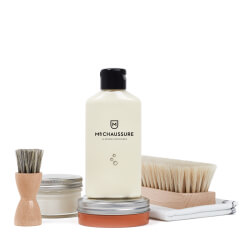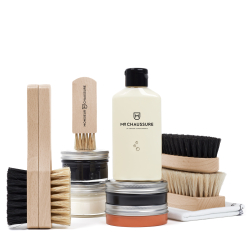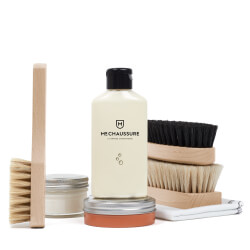Definition and explanation of polyurethane leather
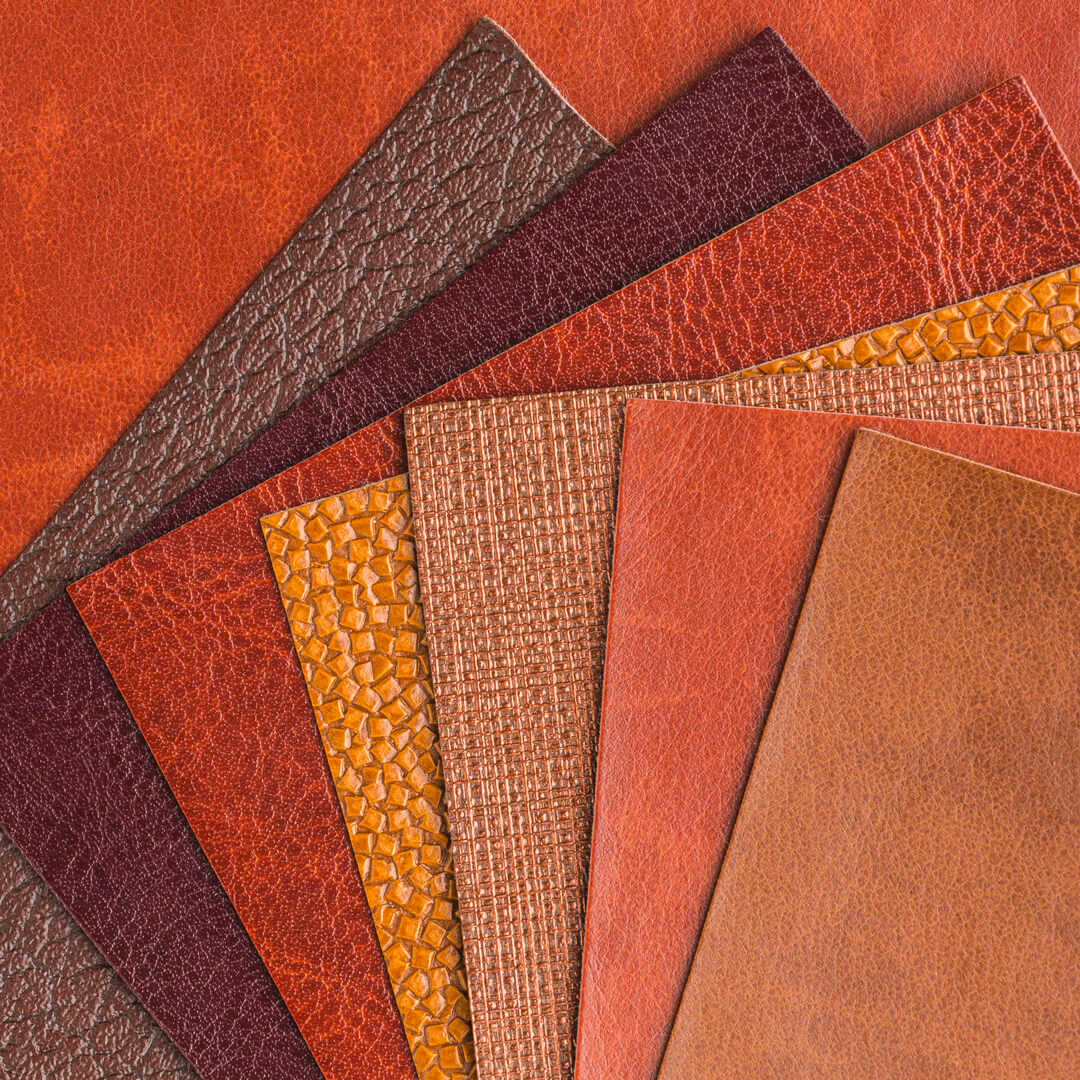
Summary
What is polyurethane leather? What is the manufacturing process for polyurethane leather? The advantages of polyurethane leather The disadvantages of polyurethane leather How can you tell the difference between polyurethane leather and genuine leather? Conclusion: What you need to remember Products used
What is polyurethane leather?
Polyurethane leather is an alternative to real leather such as imitation leather. It is what we commonly call ‘fake leather’ or ‘artificial leather’. Also known as PU leather, it is a synthetic material widely used as an alternative to real leather.
Polyurethane leather is a material made by applying a layer of polyurethane to a fabric base. Polyurethane is a type of polymer (derived from man-made petroleum) that is plastic on fabric.
Fun fact about polyurethane: it was invented in 1937 by Otto Bayer and his colleague IG Farben in Germany.
So polyurethane leather is a plastic-coated fabric that is then treated to imitate the look and feel of real leather.
The fabric can be made of polyester, cotton or other synthetic materials. Polyester is generally used.
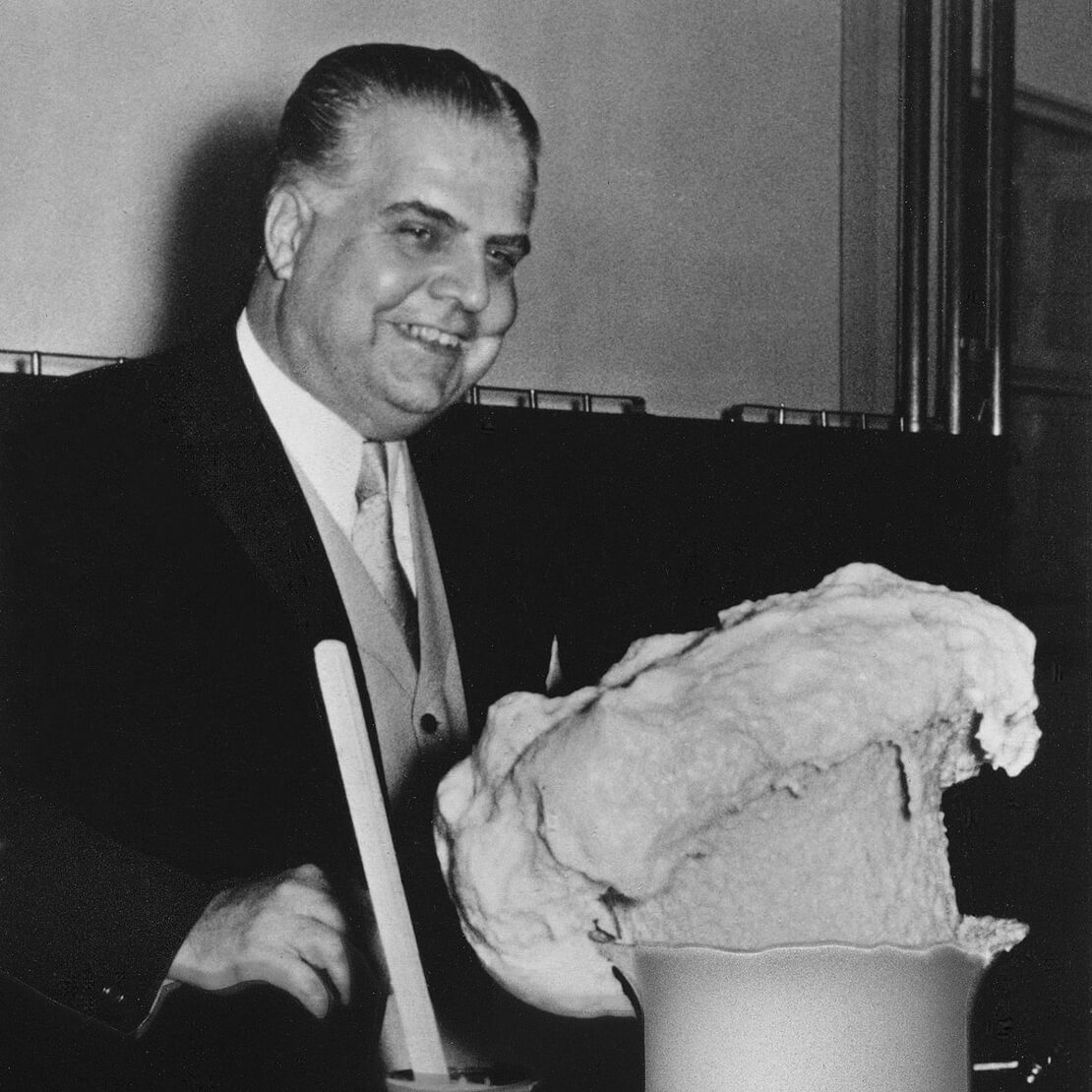
What is the manufacturing process for polyurethane leather?
There are 4 stages in the manufacturing process for this type of leather.
First stage: Pour a polymer solution onto a paper base. The mixture is compressed and heated to produce a uniform material.
Second step: Pour a second solution of polymer with an emulsifier and pass this new mixture through the oven to swell the solution.
Third step: Glue a layer of fabric (often cotton and polyester) onto your mixture.
Fourth step: Pour a resin over the entire material and pass it through a press to recreate the look of leather.
As you will have noticed, synthetic leathers are made from chemical materials. This is why it is not possible to reproduce it at home.
The advantages of polyurethane leather
Polyurethane leather is similar to vegetable leather in that it can be finished in many different ways and in many different colours. This gives the fashion industry a great deal of creative freedom. What's more, it costs less to make and buy than real leather.
PU leather is a water-resistant material, so it can withstand the elements, for example. It is also resistant to sunlight, which does not alter its original colour.
Maintenance is similar to that of natural leather, so you can keep it in good condition for a long time.
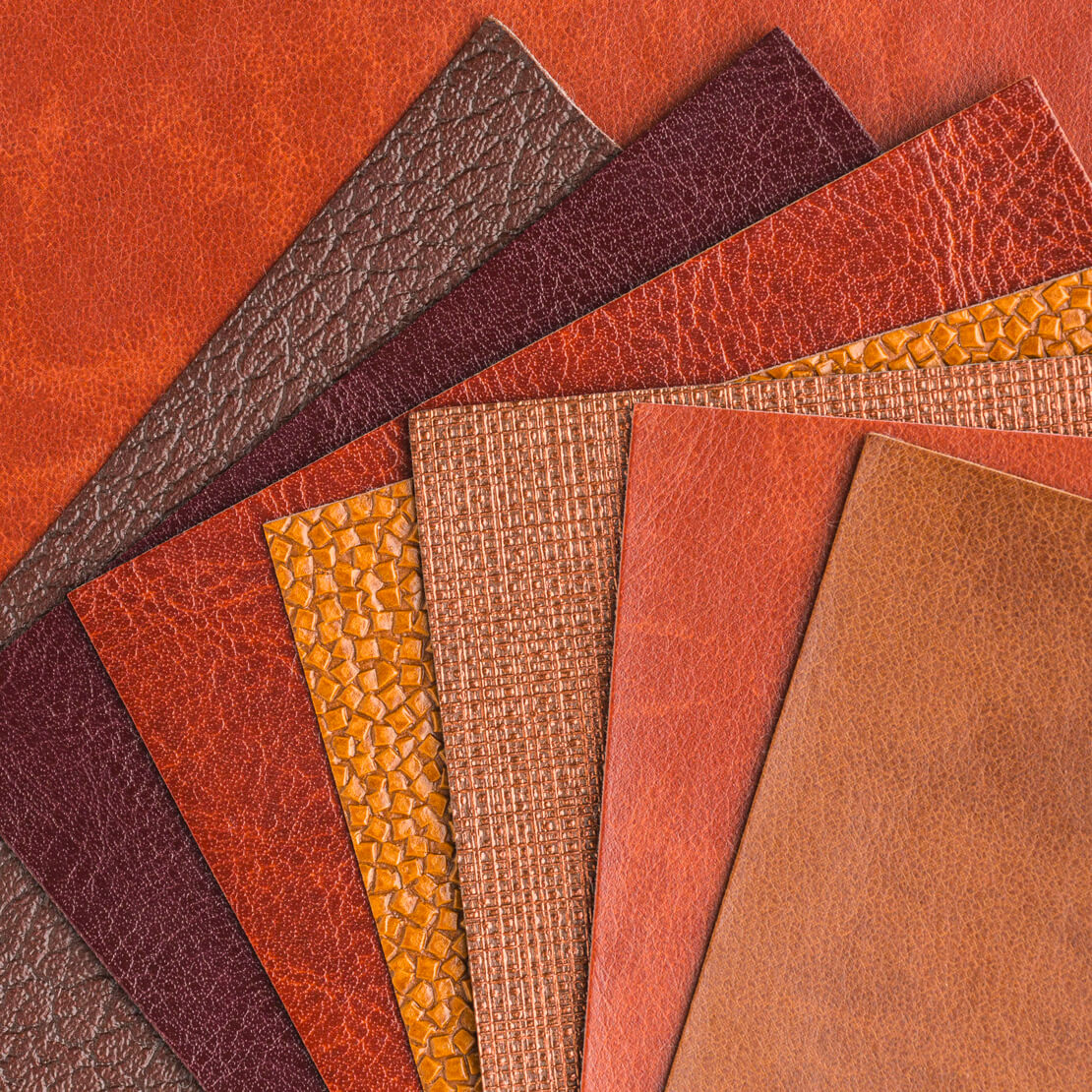
The disadvantages of polyurethane leather
Like real leather, synthetic leather also has a few disadvantages.
The first disadvantage is the durability of synthetic leather. PU leather tends to crack more easily and to peel quickly with wear. Wear develops more quickly if you wear your shoes or handbag very regularly.
The second disadvantage is the breathability of the material. Unlike real leather, synthetic leather doesn't let air in, so it retains heat more easily. In hot weather, it's not pleasant to wear your polyurethane leather shoes.
The third disadvantage is the environmental impact. The production of this synthetic leather requires chemicals and petroleum. So its creation has a negative impact on the planet.
How can you tell the difference between polyurethane leather and genuine leather?
This is the big question and a recurring problem when you buy leather goods.
A first indication is that you may see certain annotations on the labels such as ‘PU’ or ‘reconstituted’. But this is not enough, so see our practical advice:
Aesthetics: if your shoes look ‘too perfect’, they may be synthetic. Full-grain leather may be smooth and ‘perfect’, but it will be soft and have a heterogeneous grain.
Smell: smell the product because synthetic leather or PU leather smells like plastic. We can assure you that this odour will fade with wear.
Price: this is an easy criterion to choose from. Genuine leather is more expensive than the various synthetic leathers.
The water test (more complicated to do on a shopping trip): pour a drop of water on the material. If the water is not absorbed and remains on the surface, it's a synthetic leather.
The friction test: if you rub the leather and it quickly returns to its original shape, then it's probably synthetic.
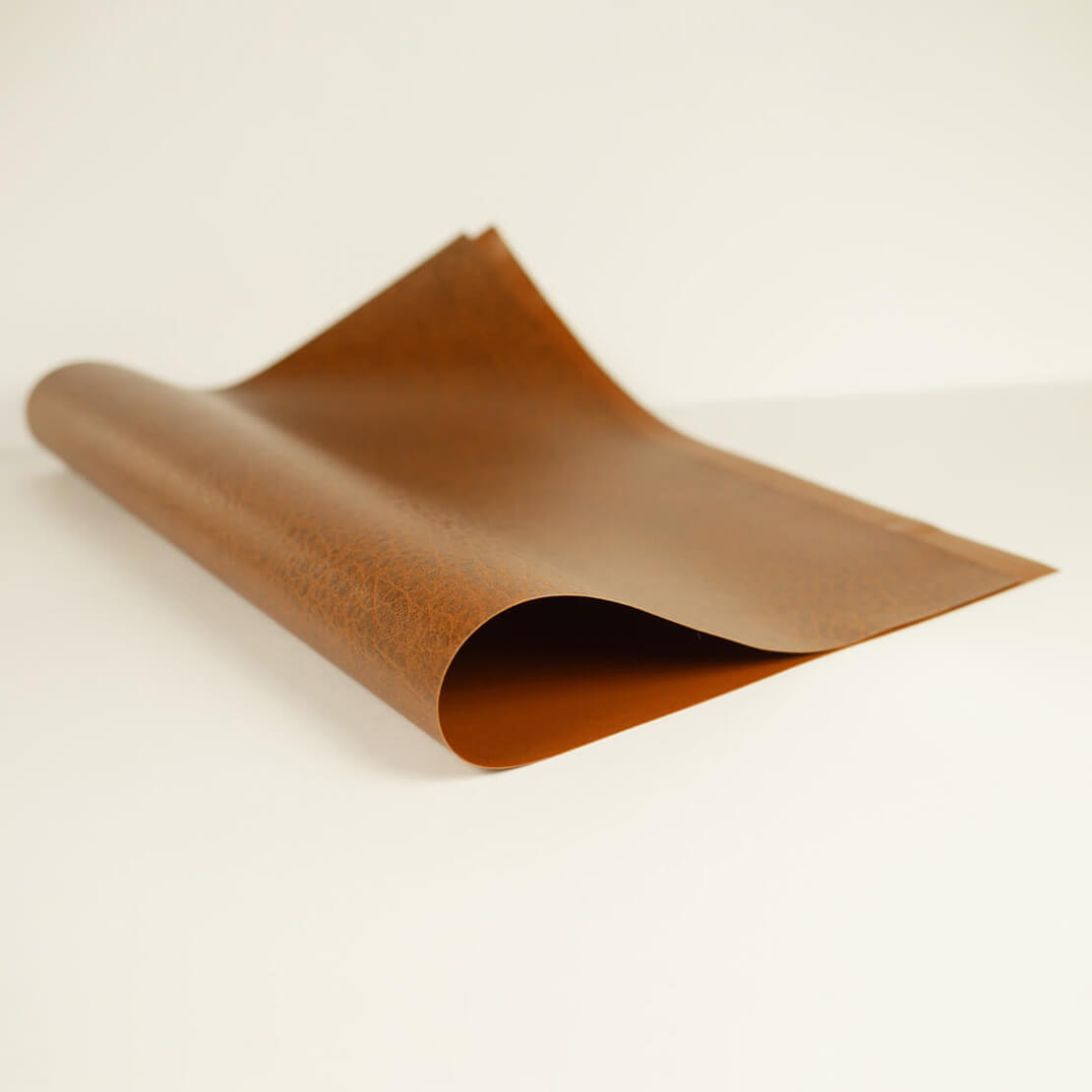
Conclusion: What you need to remember
Polyurethane leather offers an affordable and practical alternative to real leather, with significant advantages in terms of cost and maintenance. However, its disadvantages in terms of durability and environmental impact need to be taken into account, depending on the item purchased.
So the choice between PU leather and real leather depends on individual priorities in terms of cost, ethics and sustainability.

